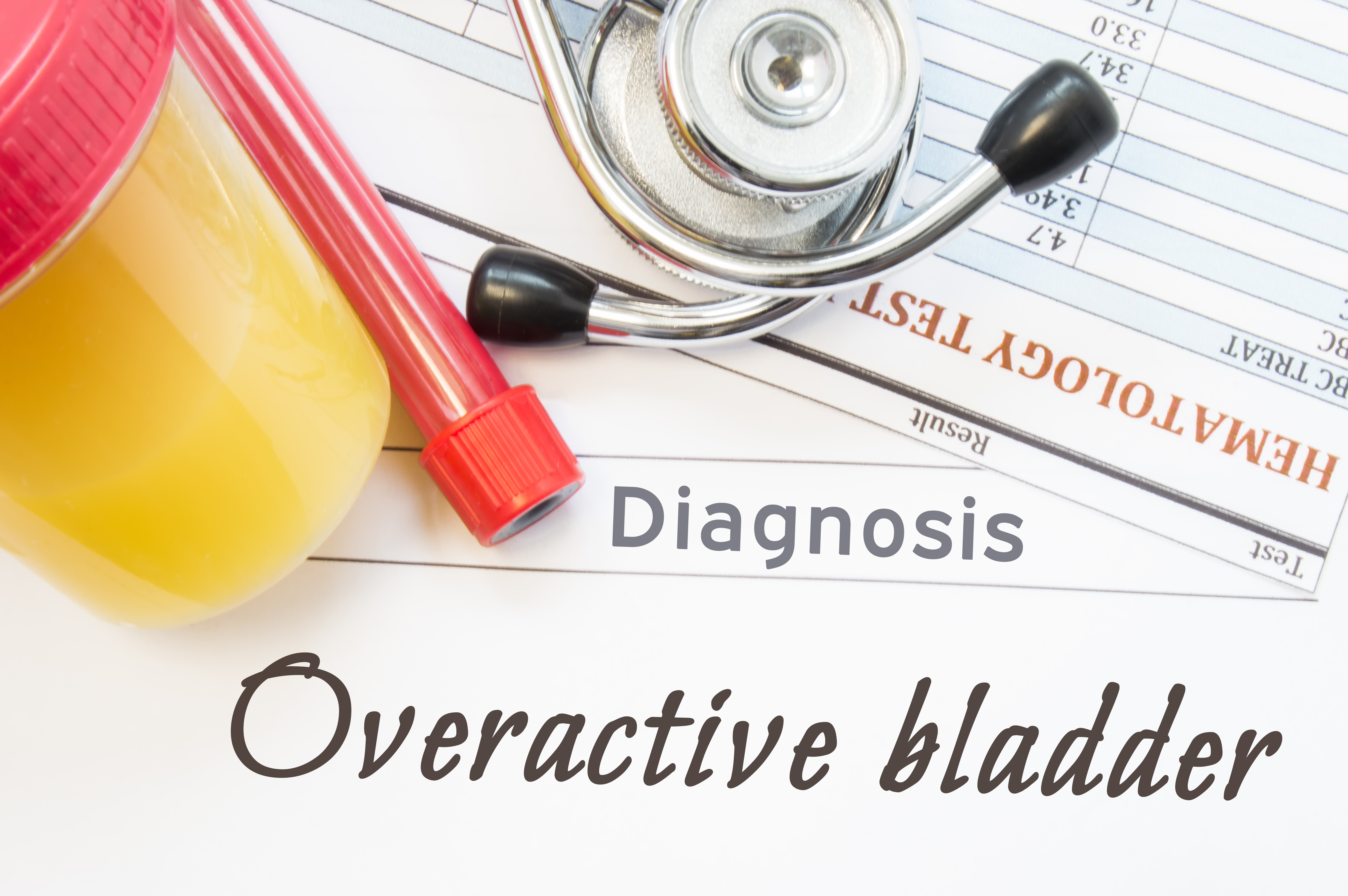CAUSES OF OVERACTIVE BLADDER
When the bladder and brain don’t communicate properly, the brain sends too many signals to the bladder, resulting in an overactive bladder. This is generally accompanied with uncontrollable, frequent, and unexpected cravings to use the restroom. Urge incontinence can also be linked to this disorder.
SYMPTOMS OF OVERACTIVE BLADDER
With an overactive bladder, you may:
- Feel a sudden urge to urinate that’s difficult to control
- Experience urge incontinence — the involuntary loss of urine immediately following an urgent need to urinate
- Urinate frequently, usually eight or more times in 24 hours
- Awaken two or more times in the night to urinate (nocturia)
Although you may be able to get to the toilet in time when you sense an urge to urinate, unexpected frequent urination and nighttime urination can disrupt your life, as well as presenting health risks.
WHEN TO SEE A DOCTOR FOR OVERACTIVE BLADDER
Although it’s not uncommon among older adults, overactive bladder isn’t a normal part of aging. If your symptoms distress you or disrupt your life, talk to your doctor. Treatments are available that might help you.
RISK FACTORS FOR OVERACTIVE BLADDER
Your risk for overactive bladder increases with the following conditions:
- Neurologic disorders or damage to the signals between your brain and bladder
- Hormone changes
- Pelvic muscle weakness or spasms
- A urinary tract infection
- Side effects from a medication
- Diseases that affect the brain or spinal cord, like stroke and multiple sclerosis
If you think you have overactive bladder, talk with your healthcare provider. It’s important to learn why it’s happening so you can manage your symptoms.
WHAT CAUSES OVERACTIVE BLADDER?
Overactive bladder occurs because the muscles of the bladder start to contract involuntarily even when the volume of urine in your bladder is low. This involuntary contraction creates the urgent need to urinate.
OVERACTIVE BLADDER TREATMENTS
There are a number of things you can do to manage overactive bladder. Everyone has a different experience with what works best. You may try one treatment alone, or several at the same time.
You and your health care provider should talk about what you want from treatment and about each option. Overactive bladder treatments include:
- Lifestyle Changes
- Prescription Medications
- Bladder Botox® (botulinum toxin) Treatments
- Nerve Stimulation (peripheral and central)
- Surgery


